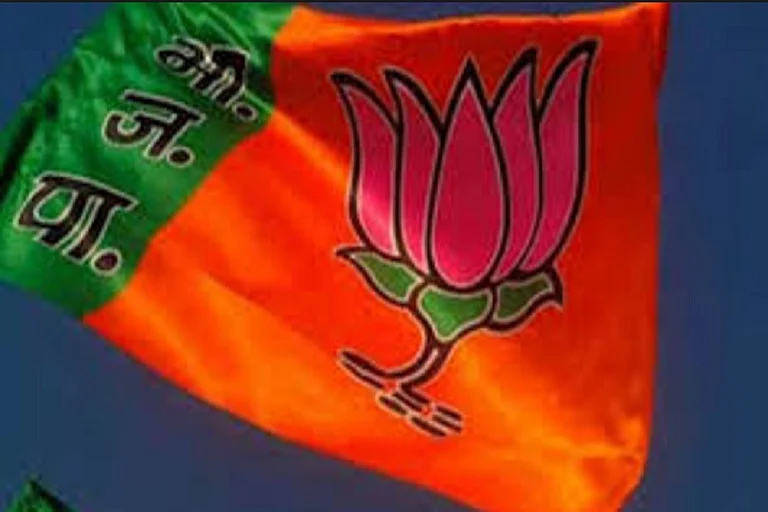As the IPL saga unfolds like a thriller, let us recall two arrogant decisions the organisation took, heedless of the ripple effect on international perception of India: first, moving the tournament to South Africa in the wake of the 26/11 Mumbai attacks; and second, excluding Pakistani players from this year’s tournament. Such dramatics is consistent with the IPL’s culture of extravagance, but should a non-state corporate entity in pursuit of profit and aggrandisement be allowed to play on the masses’ fears and jingoistic streak and, in the process, encroach upon the space of security and foreign policy? This column aims to sound a cautionary note on such encroachment.
Since 2001, India has been opening its defence industry to the private sector. That year, the government allowed the following in defence production: 100 per cent private participation, albeit under licence, and 26 per cent foreign direct investment. More than 20 Indian companies, including the Tatas, Larsen & Toubro and Mahindra & Mahindra, were granted licences. In 2006, foreign vendors securing orders of Rs 300 crore or above from India were obligated to create business worth 30 per cent of their order for Indian companies, either through purchase of material and services or by helping them execute exports. The same year, the government also introduced the concept of Raksha Udyog Ratna. Well-performing private sector companies would be exempted from the licence for defence production and, under what was known as the MAKE provision, become eligible for 80 per cent government funding of approved R&D projects. But in 2008, the government did away altogether with licensing in defence production and the Raksha Udyog Ratna concept died without a single company being granted that status. Since then, there has been a clamour for raising the FDI cap in defence production. The Economic Survey of 2008-09 flagged the possibility of raising the FDI cap to 49 per cent, a demand openly supported by trade bodies in India and the US. In some quarters of industry and government, the push is for 100 per cent FDI in defence production and for divesting defence PSUs. The department of industrial policy & promotion, under the Union ministry of commerce & industry, has even mooted a proposal for 100 per cent FDI which the ministry of defence is opposing.
While the business media has reported on this, the mainstream media hasn’t engaged much with the topic. The argument for opening up defence production is predictable: restricting ordnance works to the public sector had kept us technologically starved and bred inefficiency while keeping us dependent on unreliable foreign supplies. Some sections are also enthusiastic about bringing to India that American phenomenon—the dangerously influential conglomeration of military-industrial businesses and privately funded think-tanks. But if the IPL is any guide, shouldn’t we guard against private greed chaining two vital areas—defence and foreign policy? With unbridled FDI, the manipulators could well be foreign interests. As the Punjabi colloquialism ‘via Bathinda’ (implying roundabout or dubious means to an end) gets replaced by ‘via Cayman Island’ or ‘via Virgin Islands’, things will surely become murkier—as l’affaire IPL has shown.
Wonks, retired generals, bureaucrats and diplomats, and experts on strategy and foreign policy may all be in thrall of the American-style conglomerations, for they perpetuate self-importance and a delusion of superpower status. But in the US itself, the term ‘military-industrial complex’—used to refer to the conglomerations—has acquired pejorative connotations; it evokes the unnecessary wars forced on the American people and the havoc on some other parts the world. The term acquires a dire note from a warning by no less than President Dwight D. Eisenhower, the American war hero, who in his 1961 farewell address said, “This conjunction of an immense military establishment and a large arms industry is new in the American experience. The total influence—economic, political, even spiritual—is felt in every city, every statehouse, every office of the federal government.... We must guard against the acquisition of unwarranted influence, whether sought or unsought, by the military-industrial complex.”
We are still not there. We are still far from having a military and arms industry as immense as the US’s. But there’s no harm if we become “an alert and knowledgeable citizenry” well in time. That, Eisenhower believed, was the only guard against encroachments on democracy by the military-industrial complex. And do not discount venal politics as part of that dangerous complex. Eisenhower is said to have deleted a reference to venal politics from the final draft of the farewell address for fear of alienating Congress. But we in India know well enough of its pernicious grip.


























